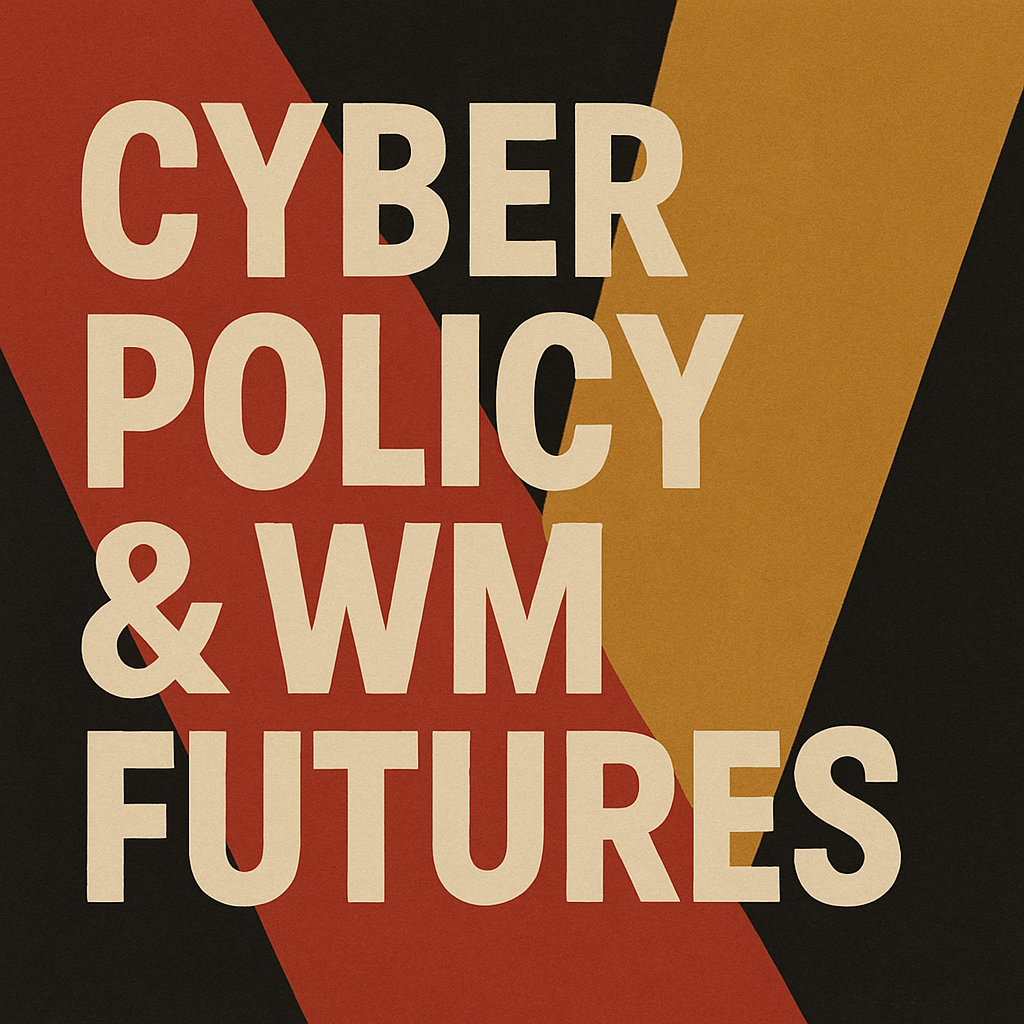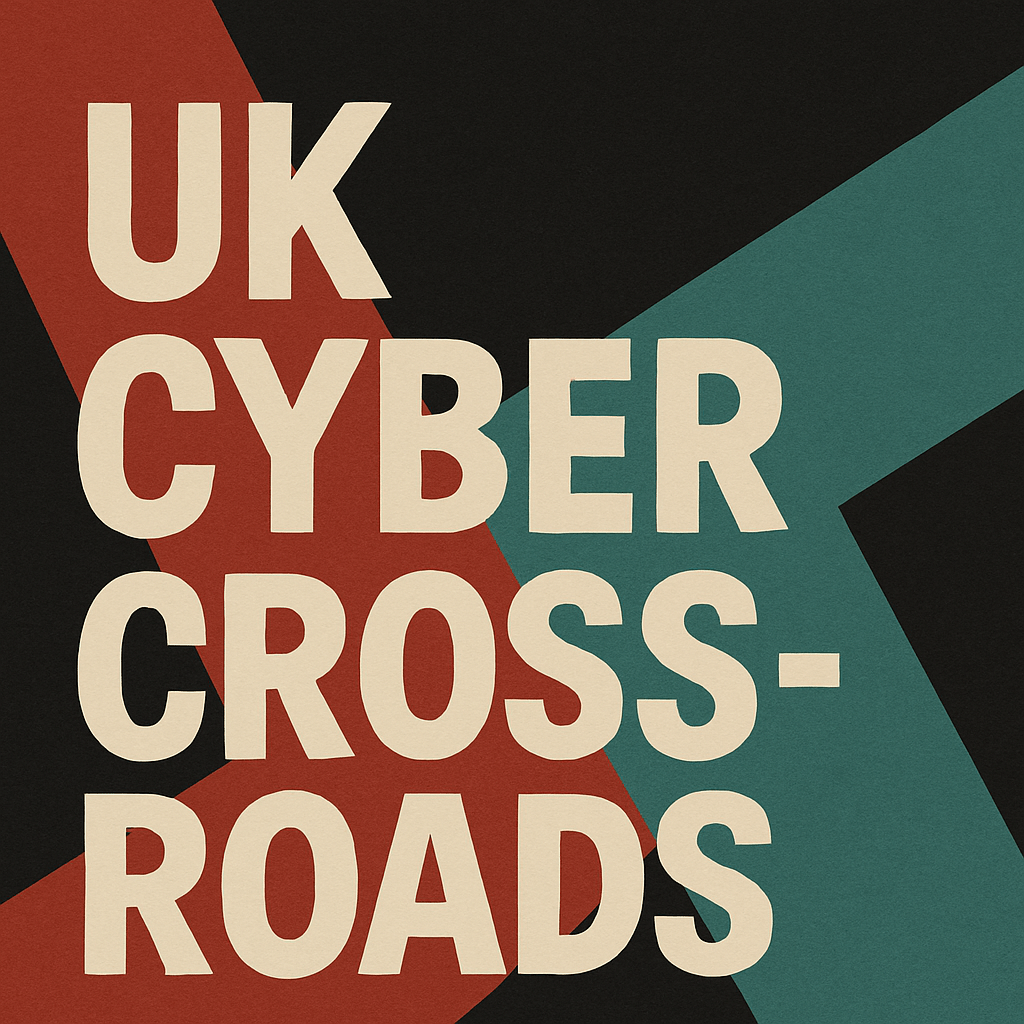The UK Cyber Policy 2025 and the West Midlands Futures Green Paper 2025 set bold agendas but risk gaps without practitioner-led delivery. The national policy offers ambition but lacks continuity, metrics, and practitioner voice. The regional plan lays strong scaffolding but underweights cyber, leaning too heavily on AI. A ten-point roadmap shows the way forward: formally recognise cyber as a standalone cluster, unify governance, foster community, attract investment, establish a hub, launch a festival, rebuild narrative, reform SME funding access, enhance talent strategy, and create a regional benchmarking index. Anchored in the West Midlands Cyber Hub, this approach can balance national ambition with regional delivery, making resilience a driver of inclusive growth.
Continue reading


